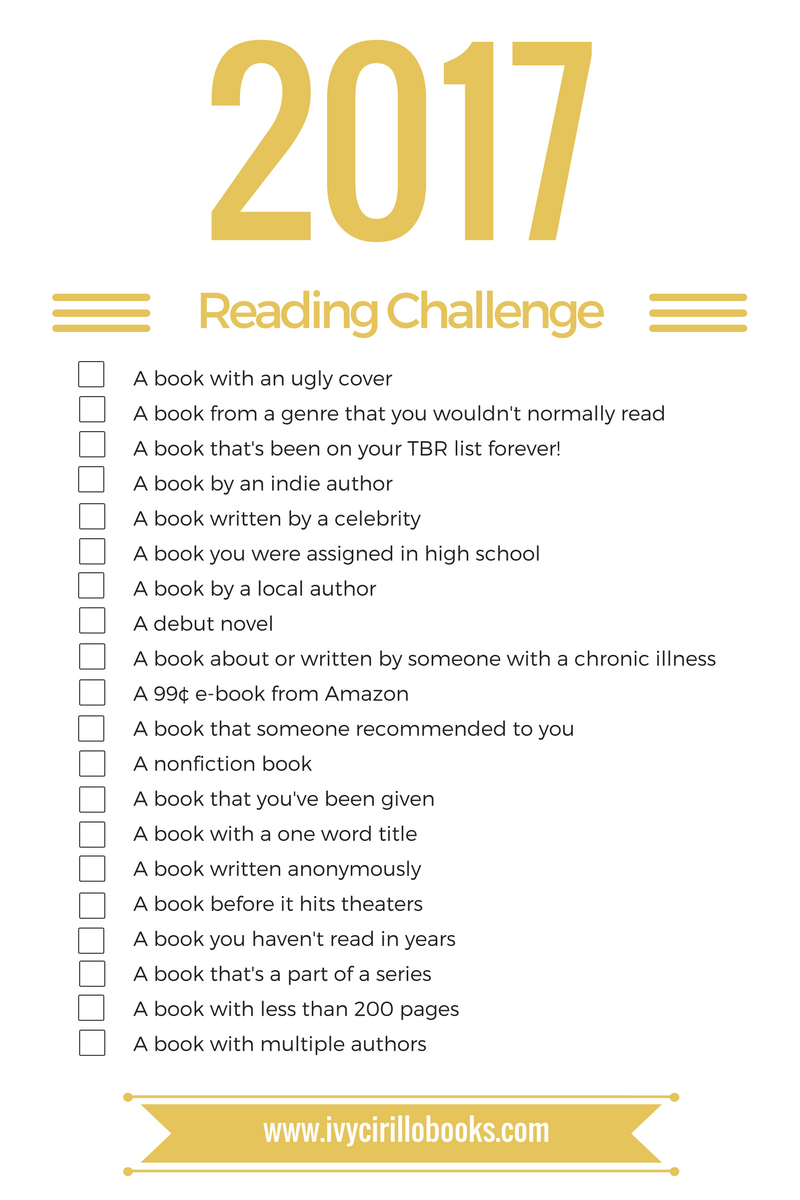

It is merely a question of taking full advantage of the available computer and information technologies. The technological preconditions for this already exist. Although this last class of dictionary undoubtedly represents an important step forward for lexicography, the time now seems ripe to take another and even bigger step forward in terms of a more personalized and efficient user service.

The tradition of consulting a combination of monolingual and bilingual dictionaries has continued from the printed to the digital world where, surprisingly, only a relatively few dictionaries, like WorldReference, so far have been conceived as an integrated package that can meet both monolingual and bilingual user needs in connection with L2 text production. As Chon (2009) reports, people engaged in this activity frequently consult a combination of L1-L2, L2 and L2-L1 dictionaries when they experience different types of problem and require information in order to solve them.

One of their many functions has been to assist users who write texts in a foreign language. Over the years, dictionaries have been designed and compiled to meet a big variety of human needs detected in society. To raise new questions, new possibilities, to regard old questions from a new angle, requires creative imagination and marks real advances in science. Sleutelwoorde: write assistant, inligtingshulpmiddel, geïntegreerde woordeboeke, L2-skryfwerk, inligtingsoektogproses, empire hulpbronne, korpora, taalmodel, konteks-sensitiewe woordeboeke, woordeboekkonsep Dit hou alles nuwe uitdagings in vir die leksikografie. Dit dui egter ook daarop dat toekomstige woordeboekbehoeftes konseptueel by die spesifieke hulpmiddel aangepas moet word om die diens te optimaliseer. In hierdie artikel word aangedui hoe die onderligginde tegnologie lei tot die skep van 'n nuwe soort woordeboek wat konteks-sensitief is en wat 'n meer persoonlike gebruikersdiens verskaf. Daar word aangetoon hoe die hulpmiddel dit moontlik maak om sommige fases in die funksionele inligtingsoektogproses te verkort en selfs te weg te laat, en hoe dit die gebruiker toelaat om fokus op die boodskap wat geskryf moet word, te behou sonder dat dit nodig is om eksterne inligtingsbronne te raadpleeg.

In hierdie artikel word die filosofie agter die hulpmiddel, die tegnieke wat toegepas word, die empiriese basis en die funksionaliteit daarvan bespreek, sowel as die mate waartoe dit die gebruikers daarvan help. Dit is gebaseer op groot data wat verkry is uit korpora en digitale woordeboeke. Write Assistant is 'n nuut ontwikkelde hulpmiddel wat gerig is daarop om mense wat in 'n tweede taal skryf te assisteer. Woordeboeke word toenemend geïntegreer in ander hulpmiddels wat ontwerp is om te help met die lees, skryf en vertaling van tekste. Keywords: write assistant, information tool, integrated dictionaries, L2 writing information search process, empirical resources, corpora, language model, context-aware dictionaries, dictionary concept All this poses new challenges to lexicography. But it also indicates that future dictionaries need to be conceptionally adapted to the specific tool in order to optimize the service. The paper shows how the underpinning technology gives birth to a new type of dictionary that is context-aware and provides a more personalised user service. It shows how the tool makes it possible to shorten and even skip some phases in the traditional information-search process and allows its user to maintain the focus on the message to be written without the need to consult external information resources. The paper discusses the philosophy behind the tool, the techniques applied, its empirical basis and functionality, as well as the extent to which it helps its users. It feeds on big data taken in from corpora and digital dictionaries. Write Assistant is a newly developed tool aimed at assisting people writing in a second language. IDepartment of Afrikaans and Dutch, University of Stellenbosch, South Africa and Centre for Lexicography, Aarhus University, Denmark ( A/S, Odense, Denmark ( A/S, Odense, Denmark ( are increasingly integrated into other tools designed to assist the reading, writing and translation of texts. Sven Tarp I Kasper Fisker II Peter Sepstrup III L2-Skryfhulpmiddels en konteks-sensitiewe woordeboeke: Nuwe uitdagings vir die leksikografie L2 Writing Assistants and Context-Aware Dictionaries: New Challenges to Lexicography


 0 kommentar(er)
0 kommentar(er)
